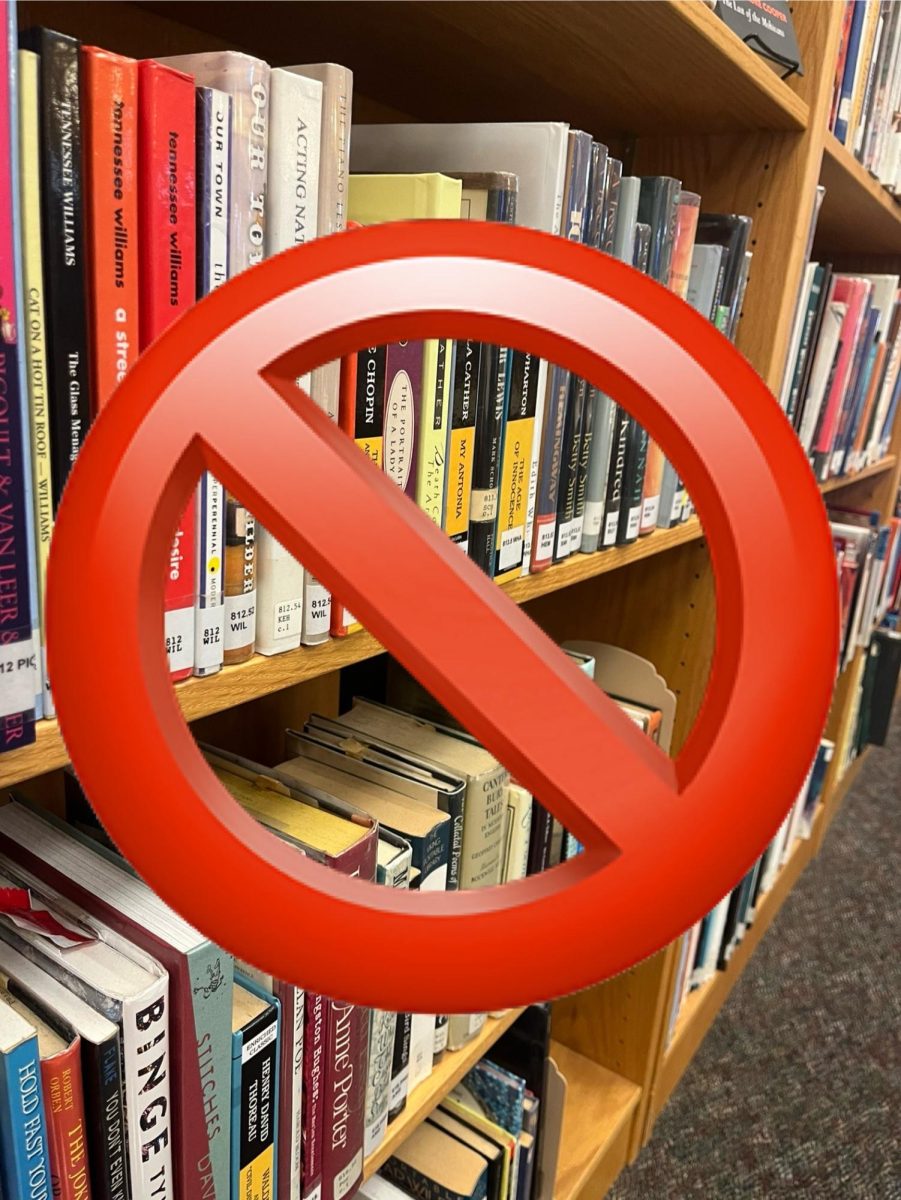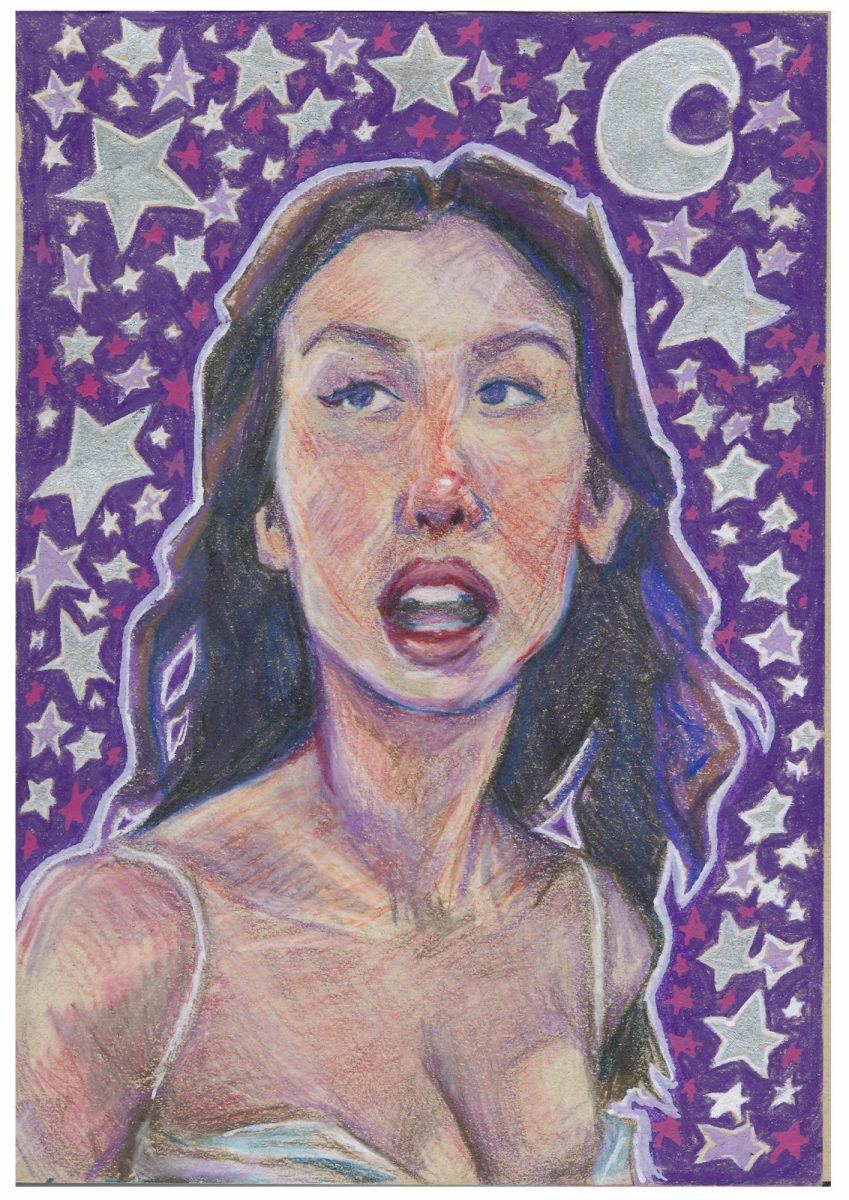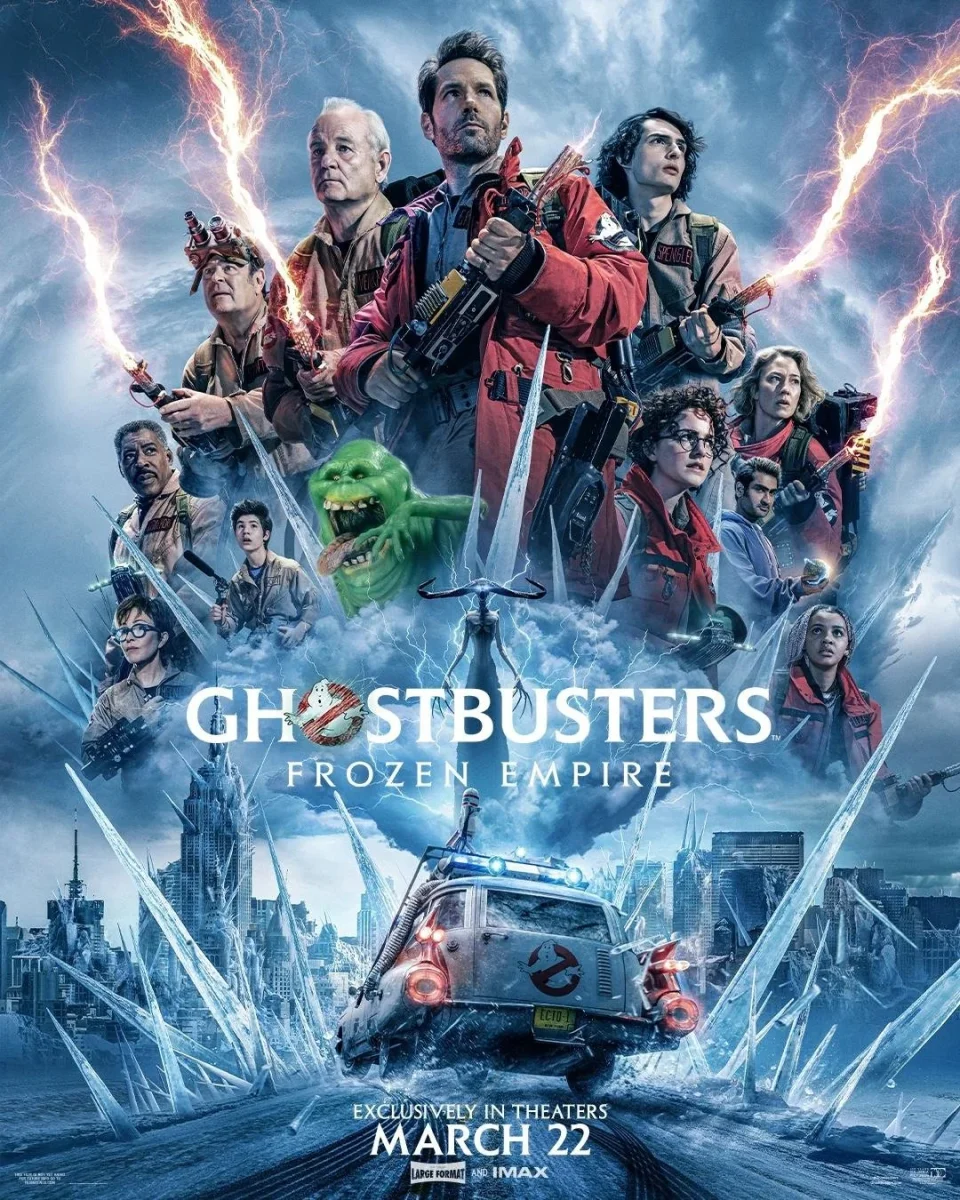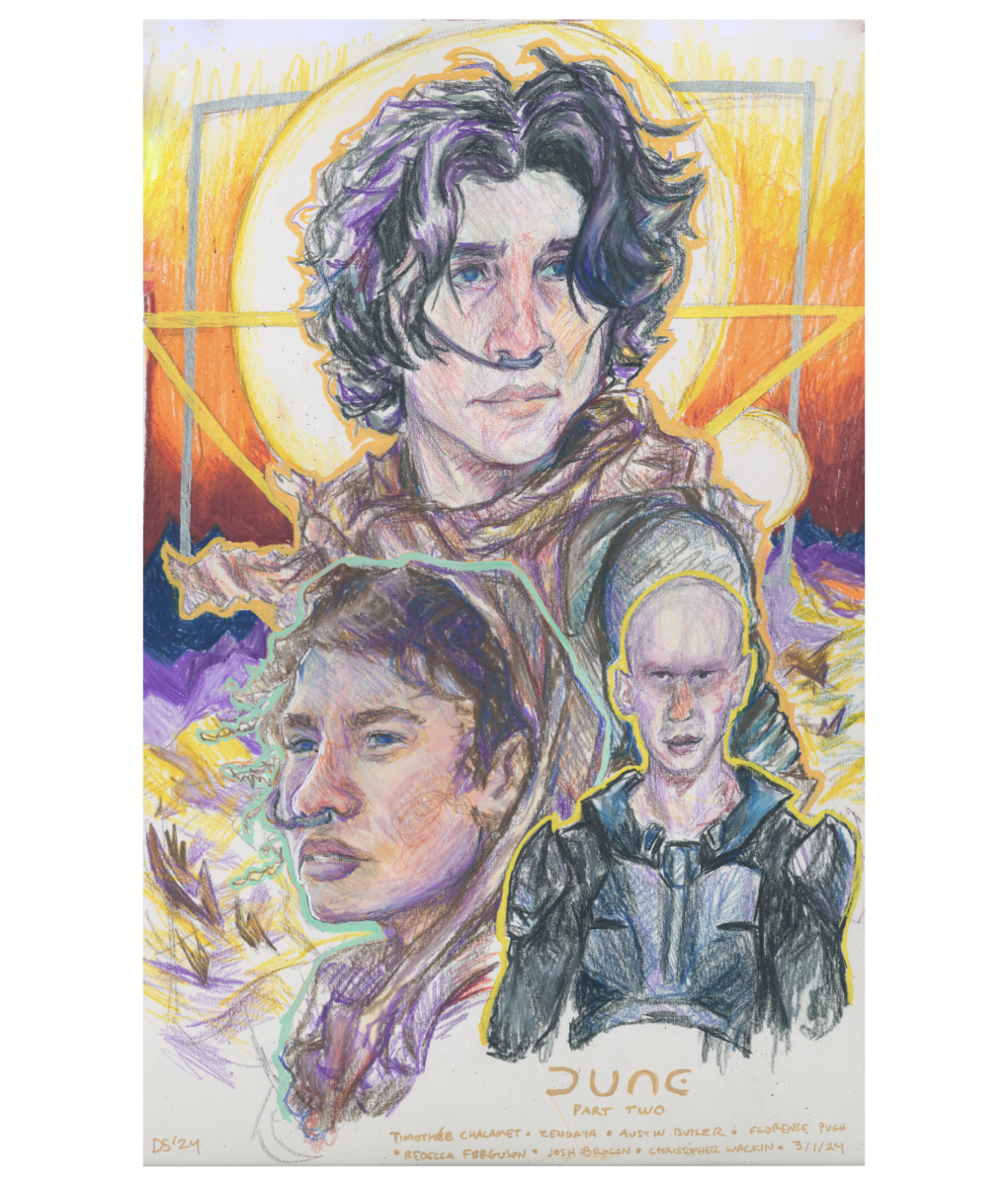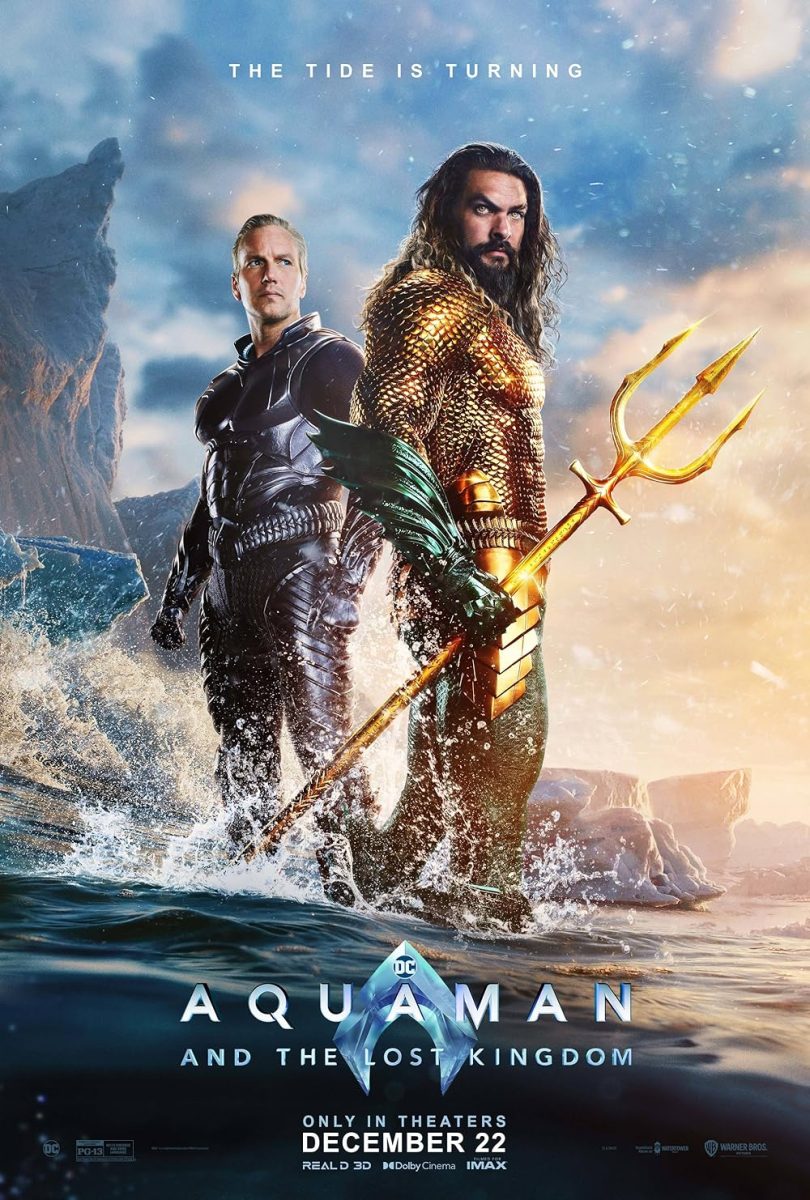The censorship of books in public education is considered to be a controversial topic. What is the difference between a book being available in a school library to a public library? The internet is a booming resource for the younger generation where books are available for free on multiple websites. So, the real question is, why are books banned?
Across America, 33 states have banned books in their school libraries. The main reason for banning books is concern for showing inappropriate content to children. According to Susan Webb of The Free Speech Center, the Supreme Court Case, Board of Education, Island Trees Union Free School District v. Pico (1982) ruled 5-4 that public schools can ban books that are vulgar or inappropriate for the curriculum; however, they cannot remove books because they do not like the ideas in those books. Due to the Supreme Court ruling, it only applied to school libraries.
Despite the ruling of the Supreme Court, PEN America found that most banned books are censored due to personal opinions. For the 2022-2023 school year, most censored books had themes centered around race, history, sexual orientation, and gender. Most books censored become banned because of profanity and sexual themes, but looking deeper, one can see why they are really banned. PEN America also found that books banned affected 874 unique titles. Of those 874 unique titles, 30% of the books are about race, racism, or feature characters of color. Also, 26% of unique titles banned have LGBTQ+ characters or themes. Overall, of the 874 unique titles, more than 50% of them can be tied to subjects commonly labeled controversial.
“Due to cases where long lists of books are removed for further investigation, bans this school year are increasingly affecting a wider swath of titles, including those that portray violence and abuse (44%), discuss topics of health and wellbeing (38%), and cover death and grief (30%)” Kasey Meehan and Jonathan Friedman of PEN America said.
As we look up banned books, just based off the titles and covers it is apparent that not all books are banned because they are sexually explicit, profane, and not right for the curriculum. PEN America’s statistics for themes about banned books are overwhelming as we looked at the top 50 banned books in American schools. Themes of racism, LGBTQ+, depression, and more are frequent than one would think. Jennifer Martin of CBS News states that majority of the banned books are censored under the means of “sexual content.” There are plenty of books with sexual content in them that do not appear on lists of banned books because people do not find them controversial. Topics of racism, sexism, sexual orientation, and violence make people uncomfortable. Because it makes them uncomfortable, they find any means to censor it.
“Hiding things that are uncomfortable doesn’t make them go away” Deeya, Bryant High School, Arkansas said in a New York Times article.
Another point that people who attempt to ban books make is, that they decide what their child reads; however, banning books decides what everyone’s children reads. If a parent does not want their child to read certain material, that is their personal decision and opinion. Those opinions leak out into the school system and makes it hard to separate fears from rights. Students have a right to read any material that pleases them. Book censorship just fuels harmful stereotypes for marginalized groups. There are plenty of books with profanity and sexual content that are not banned because they do not find it uncomfortable. Having personal views and opinions is fine, encouraged; however, not every person has the same views and because of that one person cannot force it onto anyone. Students should be allowed to read what they want to read. If a book does not interest someone, they are not going to read it anyway. Banning a book makes a student more interested in the book because why is that piece of literature banned. What makes it so bad, that a school stated their students cannot read it? Censorship just leads to heightened interest in a topic deemed unfit for students. Also, the first amendment of the constitution states that the freedom of speech is a necessity and if a person can freely write a book a person should be allowed to freely read a book, student or not.
Ultimately, the banning of books goes against morals, laws, and amendments. Schools are for education and that does not just mean formal education. School is supposed to set kids up for the world which means educating them not only on math, history, and sciences, it means educating them on the real world and the troubles that varying people face throughout the world. Speak out against banned books, so the world does not forget the hardships people have faced.
Links to Sources:
www.cbsnews.com/pictures/the-50-most-banned-books-in-america/2/
https://pen.org/report/banned-in-the-usa-state-laws-supercharge-book-suppression-in-schools/
https://firstamendment.mtsu.edu/article/book-banning/
nytimes.com/2022/02/18/learning/students-books-bans.html



